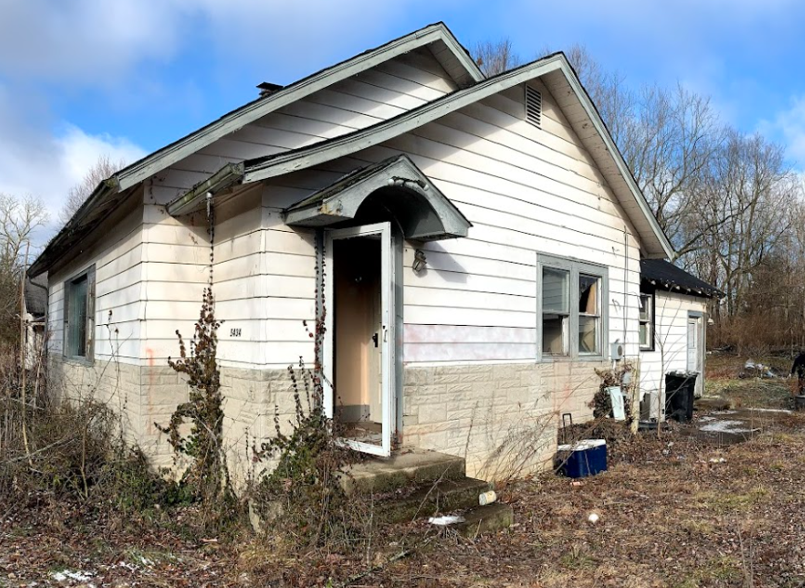
Are you a home improvement enthusiast? Find out if you can start flipping houses right now and what you need to do to become successful in the business. In this article I will share some basic tips that many beginners overlook. “When flipping a house there are so many things that can go wrong,” Daniel Pessin said. “You really have to limit your mistakes so your flip doesn’t become a flop.”

What is House Flipping?
Flipping is a real estate investment strategy where an investor purchases a property with the intention of selling it for a profit within a short time. Yes, it can be lucrative. In 2019 alone, this type of investment accounted for 6.2% of home sales in the U.S..
It sounds so easy! Buy a house, make pocket-friendly cosmetic upgrades, then put it back on the market and wait for your huge profit, huh?
Well, there’s way more to it then that! Let’s take a look at some of the different factors!
Limit Your Financial Risk
Maximize your return potential and limit your financial risk. In simpler terms, don’t pay too much for a home. Know what the home is worth before spending your money on it. It also pays to have a few contractors estimate the necessary repairs and expenses before purchasing. With this, you can settle on an ideal purchase price.
The 70% rule is that an investor should not pay more than 70% of the after repair value (ARV) minus the renovation costs. ARV is the home’s value after it is fully repaired. “The 70% rule is a good rule of thumb a lot of investors use. It shouldn’t be the end all be all, but it’s definitely a good simple calculation to see if you are in the right ball park with your purchase price, or if you ended to lower the purchase price,” Daniel Pessin said.
Understand Your Neighborhood
Before diving in and purchasing the home, spend some time researching the real estate market. If you don’t understand the market, you are putting yourself in a bad position from the start.
Understanding the market will help you choose the right location to invest in. It helps to involve a real estate agent in the whole home buying process. Once you have identified a home you would like to buy, bring in a home inspector to assess the house. This will help you come up with an estimate of how much repair work should be done, and whether the property is a sound investment.
Smart Renovations
This is where most flippers go over budget which means lower profits. Dreaming of a beautiful kitchen or trending elegant hardwood floor finishes? Don’t be carried away when choosing materials and finishes.
Make sure the updates you’re making stay within your budget. That is why it’s important to know your budget upfront. Stay within this budget, and ensure the upgrades boost the value of your home.
Don’t underestimate the power of small improvements. New landscaping, a fresh coat of paint, updated door and drawer handles can all make the home appeal to more potential buyers.

In Conclusion
When done right, house flipping can turn into a profitable business for you, even if you’re a beginner real estate investor.
“Don’t pay too much for a home! Have a realtor give you an opinion on the fair market value for that neighborhood. Make sure you have an inspector inspect the home. Have 3 contractors give you estimates on the renovation costs,” Daniel Pessin said. “These are a few things that you can do that will put you in a much better position to succeed from the beginning!”
Remember, everyone starts as a rookie on their first fix and flip project! Good luck!





